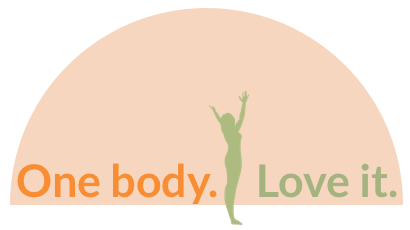Pilates is more than just performing a series of exercises; it’s about embodying a mindset, cultivating discipline and fostering self-awareness that extends beyond the mat.
The principles of Pilates practice can permeate every aspect of life, offering invaluable insights and tools for personal growth. So over the next few features, I’ll be sharing some of the parallels between the way we approach our practice and the way we navigate life in a short series of articles entitled ‘The Mirror of the Mat’. To encourage you to continue your practice and, if you have been away for a while, to encourage you to join me again!
This article addresses the first of five parallels we encounter both on and off our mats; ‘Mindfulness and Presence’.
Research tells us that we experience 95% of the same thoughts every day. This is helpful when it comes to automating our daily habits, such as cooking or driving, but often we unconsciously fall prey to allowing our autopilot to take control, which can inevitably leave us stuck in unhelpful habitual patterns, from the way we think, to the food we eat and drink, to the way we move our bodies and spend our time.
Pilates is fundamentally about mindfulness and presence. Each movement is performed with intention and awareness, requiring us to be fully engaged in the present moment. When we step onto the mat, we leave behind the distractions of the outside world and turn our focus inward. This practice allows us to develop a habit of mindfulness beyond the mat. So often in our daily lives we find ourselves consumed by the pressures of the past or the anxieties of the future, rarely being in the present moment. But just as in Pilates, true transformation happens when we ground ourselves in the here and now, embracing each moment with clarity and intention.
To become an observer of our body is also to become an observer of our mind. Members have often told me that they can’t think of anything else but what they are doing in a Pilates class. This element of focus and attention can be restorative as the stresses of life are temporarily put on hold. Furthermore, the encouragement to focus on the quality and depth of the breath also stimulates our parasympathetic nervous system, which helps to promote our general wellbeing and slow down our racing brains.
Author Panache Desai says that ‘energy is a paradox: being replenishes, doing depletes’. Our practice on the mat is a great training ground for getting back into ‘being mode’, bringing the principles of mindfulness and presence from the mat into our lives, and helping us unlock the power to experience greater fulfilment and joy beyond our practice.
So with this, I hope you can find some time this week to roll out your mat and enjoy your practice and its lasting benefits beyond!

